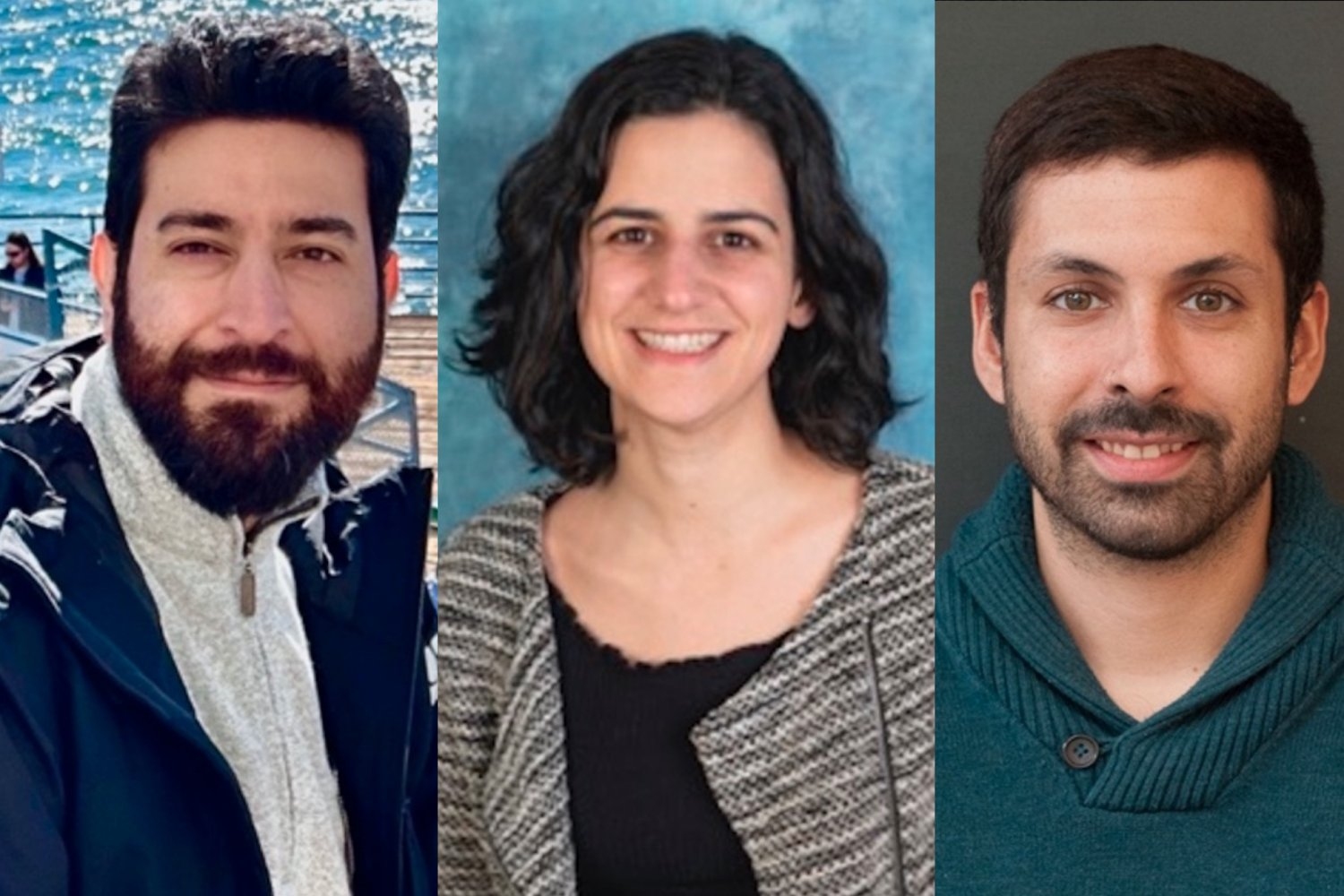[ad_1]

Three Spanish MIT postdocs, Luis Antonio Benitez, Carolina Cuesta-Lázaro, and Fernando Romero López was selected by the Department of Physics as the first cohort of Mauricio and Carlotta Botton Foundation Fellows.
This year’s recipients are awarded a one-year fellowship and research fund to pursue their research interests; They will visit the Botton Foundation in Madrid this summer.
L. Antonio Benitez
Dual citizen of Spain and Colombia, L. Antonio Benitez is an MIT postdoctoral fellow whose research focuses on investigating the electronic properties of new quantum materials, with a particular focus on two-dimensional materials such as graphene and transition metal dichalcogenides. His work aims to push the boundaries of our knowledge of these materials and unlock their full potential for future technologies. Benitez received his PhD in Physics from the Autonomous University of Barcelona, where he specialized in the spin and electronic properties of these materials, developing a deep understanding of their unique characteristics and behavior.
Carolina Cuesta-Lazaro
Carolina Cuestra-Lazaro’s main research interests lie at the intersection of cosmology and artificial intelligence. He is interested in developing powerful and interpretable machine learning models to advance physics, particularly cosmological inference techniques to understand the accelerated expansion of the universe. He received his PhD in astronomy and astrophysics at the Institute for Computational Cosmology and now holds a joint position at the Center for Astrophysics between MIT’s Institute for Artificial Intelligence and Fundamental Interactions and Harvard University’s Institute for Theory and Computation. Cuestra-Lázaro hails from Cuenca, where he says, “You can find the best Manchego cheese.”
Fernando Romero Lopez
Romero-Lopez completed his PhD in 2021 at the University of Valencia. As a postdoc, his research focuses on understanding the strong interaction between quarks and gluons described by quantum chromodynamics (QCD). By combining effective field theories with numerical simulations of quantum field theories (lattice QCD) and machine learning tools, he seeks to better understand the limiting mechanisms of how protons, neutrons and other hadrons are formed, properties of atomic nuclei. and the nature of exotic hadrons discovered at the Large Hadron Collider.
The foundation also recently funded fellowships for two MIT physics PhD students: Oriol Rubiz Bigorda, who researches the physics of quantum particle interactions and their applications in future quantum technologies, and Miguel Calvo Carrera, who is interested in applying physics to development. Renewable energy sources.
Founded in 2017, the Mauricio and Carlota Botton Foundation supports scientific research, including the training of young physicists at the world’s most prestigious universities, and provides support for conferences that bring world experts in frontier fields of physics to Spain.
[ad_2]
Source link

